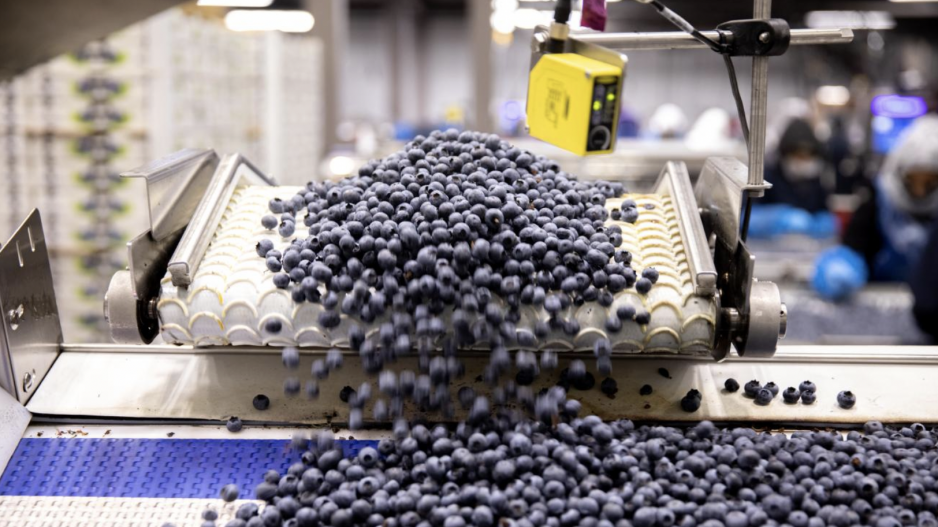The provincial government recently announced its new trade diversification strategy, which identifies three new markets that have “clear and present export or investment attraction opportunities” for B.C. companies.
Compared to Taiwan and Mexico – two of the markets added to the strategy – Vietnam has a smaller trade presence in B.C. With more than $160 million in B.C.-origin exports in 2022, Vietnam ranks as the province’s 23rd-largest export destination.
Despite that, experts say there is significant growth potential in trade with the country as companies look for market opportunities beyond the U.S. and China.
“Vietnam is a country that has been growing quite significantly in the previous years, and all of the forecasts are all pointing in the same direction,” said Charles Labrecque, acting vice-president of research and strategy at the Asia Pacific Foundation of Canada.
“It’s a really dynamic country with a rising middle class.”
As one of the fastest growing countries in Asia, Vietnam recorded solid economic growth in 2022, with its gross domestic product (GDP) growing at eight per cent – the fastest pace in 25 years. Its annual GDP growth projections are above six per cent between 2023 and 2027.
Meanwhile, the fact that Vietnam is a member of the Comprehensive and Progressive Agreement for Trans-Pacific Partnership (CPTPP) – a free-trade agreement between Canada and 10 other countries in the Asia-Pacific that took effect in 2018 – makes it appealing to B.C. businesses.
“There’s a lot of tariffs being imposed in Vietnam, something like 30-per-cent tariffs, that exporters need to pay when they export to Vietnam, but these tariffs will be going down in the coming years [as part of the CPTPP],” said Labrecque.
He added that there are about four years before the tariffs are fully down to zero, so the business environment “is going to get better and better.”
Last year, the B.C. government opened its first trade office in Vietnam, which works along with Forestry Innovation Investment, a crown agency of the provincial government, to focus on promoting B.C.’s softwood lumber to a country that is the world’s third-largest producer of wood furniture.
In addition to forestry and wood products, a number of other sectors in B.C. have potential in Vietnam, according to Labrecque, including: Agrifood, clean tech, aerospace, life sciences, health care and information and communications technology (ICT) are also sectors that have the greatest potential for B.C.
According to the B.C. Ministry of Jobs, Economic Development and Innovation, agrifood and seafood accounted for nearly half of all Canadian exports to Vietnam, making it the third-largest destination for Canadian agrifood and seafood exports in Southeast Asia.
And in 2022, fruits exported from B.C. to Vietnam accounted for 88 per cent of total Canadian fruit exports to Vietnam – a share valued at $20.5 million.
However, there is still a long way before Vietnam becomes an emerging or mature market for B.C., according to Labrecque.
“It is not a country that is easy to do business in, and it’s very costly,” he said, adding that one of the challenges is the lack of direct flights between B.C. and Vietnam, which adds time and costs to the companies who are interested in the market.
“But with certain difficulties that some of our businesses have been facing in China, here’s a need to define your markets for businesses to diversify their support beyond just the U.S. and China. And there is a lot of room [for growth].”
The BC Chamber of Commerce applauded the province’s diversification strategy, and said that further opening new markets such as Vietnam will provide opportunities for more B.C. businesses to engage in export activities.
“We have a very small percentage of our small and medium businesses in B.C. export, around 5,500 companies, and that’s a very small percentage, so the opportunity to set them up to be able to export is enormous,” said Fiona Famulak, the chamber’s president and CEO.
This article was first published in BIV's print edition. For first access to in-depth print stories and analysis, become a subscriber.




